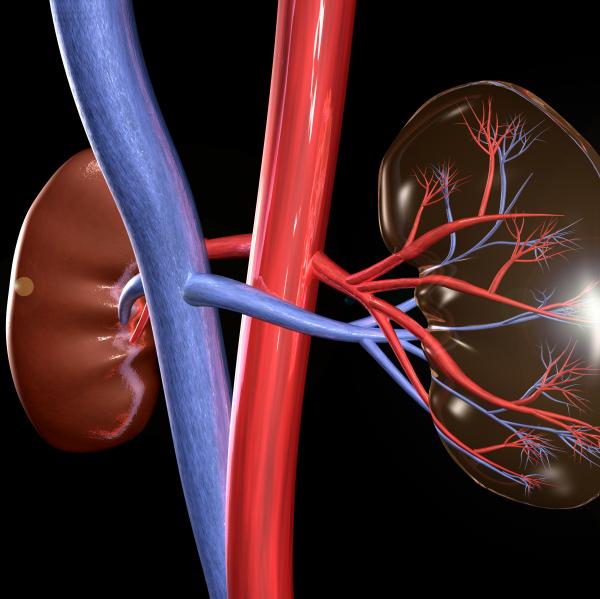
There are two small organs that are often not thought about when considering health. The kidneys are a pair of organs at the back of the abdomen that do a big job. When they are not working properly a person’s health can be harmed.
The primary job of the kidneys is to be a filter for the body. They filter the body’s extra fluid and blood to remove waste products that do not leave the body through the bowels. They also help regulate blood pressure, balance electrolytes, and play a part in helping the body make red blood cells.
According to the National Kidney Foundation, 1 in 3 American adults is at risk for kidney disease. The function of the kidneys can be affected by many things such as injury, infection, and disease.
Injury
The kidneys can be injured by the following:
- Trauma that has happened to the body of the person.
- Example: Trauma in a motor vehicle accident directly hurts the kidney.
- Not enough blood flow to the kidneys to help support the work they do.
- Example: Heart disease that causes reduced blood flow to the kidneys making it hard for the kidney to work optimally.
- Ingesting a drug or substance that is toxic to the kidney.
- Example: Some medications or contrast dyes affect function.
- Obstruction that prevents the waste or urea to leave the kidney.
- Example: Kidney stones can get stuck and prevent the urea to move to the bladder for elimination.
- Dehydration.
- Example: Lack of drinking enough fluid, illness that causes the body to loose fluid too fast or exercising without drinking fluids.
Infection
Infection typically occurs when there is an infection in the bladder that goes untreated and travels up to the kidneys. The infection directly harms the structure of the kidney.
Disease
There are many diseases that can affect the kidneys. The most common diseases that can harm the kidneys are high blood pressure (hypertension) and diabetes. The kidneys can also be harmed by cysts, cancer, heart disease, or other hereditary diseases.
Some symptoms that can occur and are often overlooked are feeling fatigued, short of breath, general weakness, loss of appetite, having irregular heartbeats, joint stiffness or pain and noticing general swelling. Often lab work can find when the kidneys are starting to develop issues with function. This is helpful because often there are no symptoms in the early stages of injury to the kidneys when there are long term health issues affecting the kidneys.
It is important to know if you are at risk for problems; examples of risk factors include: age, family history of kidney failure, and some chronic health conditions. If symptoms of infection are present, see a health care provider for treatment. Follow instructions or monitor for problems when getting medical testing or starting new medications.
The kidneys can work independently if needed (sometimes one is removed due to disease or transplant to another person) and they can sometimes effectively work for a while when damaged (even with up to 90% of the function gone!). However, with time, the damage can increase and the kidneys can stop working. When that happens, dialysis or a kidney transplant is needed to continue to live.
Since early kidney disease does not have signs or symptoms, talk to your health care provider about your risk. Make sure to have trauma or possible infections evaluated. Know your medication and the risks for which to monitor (note: some medications can help protect your kidneys). With your providers help, manage heart disease, blood pressure, diabetes, or other health conditions and follow your provider’s recommendations for lab or other testing to evaluate the function of your kidneys. Eat healthy, be active and quit smoking.
Additional information can be found on The National Kidney Foundation website.
ATI Active Care is a walk-in clinic, located in Waukesha, WI, that provides immediate care for non-emergency acute conditions, physicals, health screenings, preventive health and wellness programs. For more information contact BobbieJo Paul at bobbiejopaul@activatehealthcare.com or call (262) 574-2711.
